By Hyacinth Mascarenhas
Royal families in the Middle East aren’t always portrayed in the most flattering manner in the media. Generally covered in political or economic spheres, Arab monarchies are usually depicted as oil-rich royals sitting atop billion-dollar businesses. There are however, several inspiring royals working going beyond their royal duties to promote and create change in the region in multiple spheres including entrepreneurship, technology, social media, foreign policy, culture and more.
Last year, we highlighted 5 inspiring Middle Eastern princesses making a difference within and beyond the region. Here are some of their awesome counterparts working hard to change the region in unique ways and consequently, change the way people around the globe view the Arab world.
1. Prince Fahad bin Faisal Al Saud, Saudi Arabia
As the grandson of the brother of Saudi Arabia’s King Abdullah bin Abdulaziz Al Saud, Prince Fahad could have easily seen success within the Kingdom. After graduating from Stanford with a degree in Mechanical Engineering and a double minor in Middle Eastern Studies and Management Science, he made a name for himself as a tech entrepreneur when he was hired as the Head of User Operations for Facebook Arab. In 2009, he launched Facebook in Arabic.
[Working at Facebook] was the most educational opportunity I ever could have asked for. It was amazing to be working on a project that could change people’s lives,” said Prince Fahad. “Social media is a tool. It’s no different than the telephone, the television, a hammer. But it has forced a lot of people to be more transparent and to be held accountable for what they say.”
After leaving Facebook in 2010, he founded Na3M Games, Appiphany and is currently the Foreign Ministry’s Head of Student Affairs, consults the Saudi government on cyber-technology and is a regular NATO lecturer on social media and privacy issues in the Middle East.
“In 10 years I want to see countries in the Arab world back in their rightful place as a global leaders and contributors,” he said. “There’s an opportunity for me to jump between different industries and I hope to play a part in re-introducing the Middle East to the world in the right way.”
2. Sheikh Hamdan bin Mohammed bin Rashid Al Maktoum, Dubai
You’ve probably already heard of the #MyDubai initiative making the waves on Twitter, Facebook and Instagram. Meet the young prince behind the initiative – Sheikh Hamdan bin Mohammed bin Rashin Al Maktoum.
Sheikh Hamdan is the son of HH Sheikh Mohammed bin Rashid Al Maktoum, the Prime Minister of the United Arab Emirates, ruler of Dubai and one of the richest royals in the world. He is also very popular on social media and seeks to use it as a tool to promote the emirate’s culture, values and potential in a fin and unique way.
Open for all Dubai residents and visitors, the initiative invites people to capture their most compelling stories and moments in the emirate through photographs and videos and share them using the #MyDubai.
“Our achievements are driven by a positive energy and spirit that is felt by everyone who lives in our Emirate, inspiring creativity and harmony and uniting more than 200 nationalities,” said Hamdan. “In the fabric of Dubai there are more than 2.1 million stories – the individual lives and experiences of all those who call Dubai home. A city’s story is created by its people and as we look towards a prosperous future, it’s time to join together and show the world how 2.1 million people can create one remarkable story. Together we will create the world’s first autobiography of a city.
He is also the Chairman of the Dubai Executive Council and heads the emirate’s committees on sports and autism. Some of his other initiatives include the “My Community…A City for Everyone” project to transform into a disability-friendly city, the Hamdan bin Mohammed Heritage Center, and the Hamdan Bin Mohammed e-University – the first of its kind in the Arab world.
3. Sheikh Abdullah Bin Zayed Al Nahyan, UAE
During his tenure as Minister of Foreign Affairs, Sheikh Abdullah Bin Zayed Al Nahyan, son of the founder and first Emir of UAE, the country has witnessed a remarkable expansion of diplomatic relations and international cooperation with other countries in South and East Asia, Latin America and the South Pacific.
As a champion for the UN Preventing Sexual Violence Initiative launched by UK Foreign Secretary William Hague, Sheikh Abdullah urged governments across the globe to condemn and help combat this crime in conflict zones last year. He also supported Dubai’s successful bid to host the World Expo 2020 and is an ambassador of the Abu Dhabi Reads Campaign.
With more than 1 million followers on Twitter, Sheikh Abdullah is also very active on social media and actively engages with citizens and the public on issues related to foreign policy and the ministry. In 2011, his tweet: “I hope we raise the UAE flag on top of every house” led to an annual event where UAE flags are raised across the country and people post pictures of the flag using the hashtag #fogbaitna3alm.
“Our pride grows as our country has become at the forefront in respect of the countries that succeeded in achieving high rates of the United Nations millennium development goals and topping the list of the most advanced, prosperous and stable countries in the world, as well as classified high in the human development field, as the country achieves happiness and satisfaction for its citizens,” said Sheikh Abdullah.
4. Sheikh Mohammed bin Hamad Khalifa Al Thani, Qatar
Using sports as a way to put Qatar on the international stage and boost the reputation of the quiet desert nation, Sheikh Mohammed bin Hamad Khalifa Al Thani oversaw the country’s successful campaign bid to become the first Middle Eastern hosts of the 2022 FIFA World Cup at the young age of 22.
Beating off rival bids from the United States, Australia, South Korea and Japan, Qatar’s bid was touted as a glitzy, carbon-neutral World Cup that could open up the world to a largely untapped market in the MENA region.
In addition to being chairman of Qatar’s successful bid, Sheikh Mohammed, now 25, is also the brother of the current Emir of Qatar and was a member of the first graduating class at Georgetown University School of Foreign Service in Qatar. Last year, he graduated with an MBA from Harvard University and is determined to help put the once-sleepy Qatar on the world stage.
5. Sheikh Sultan Bin Tahnoon Al Nahyan, Abu Dhabi
As Chairman of the Abu Dhabi Tourism and Culture Authority, Sheikh Sultan is responsible for transforming Abu Dhabi from a little-known capital of the UAE into one of the cultural capitals of the Arab world.
Since the organization’s inception in February 2012, Sheikh Sultan has spearheaded some incredible projects for the emirate including the $27 billion Cultural District of Saadiyat Island project which will feature the Zayed National Museum, Guggenheim Abu Dhabi and Louvre Abu Dhabi.
“The cultural map is evolving, and today Abu Dhabi and the UAE are at the crossroads of these cultural and artistic intersections,” said Sheikh Sultan. He has also won several awards for his efforts to recreate and promote Abu Dhabi as a global cultural capital including the Cultural Leadership Award from the American Federation of Arts, the 2010 Arabian Hotel Investment Conference Leadership Award, and was named Commander of the Ordre des Arts et des Lettres by the French Republic.

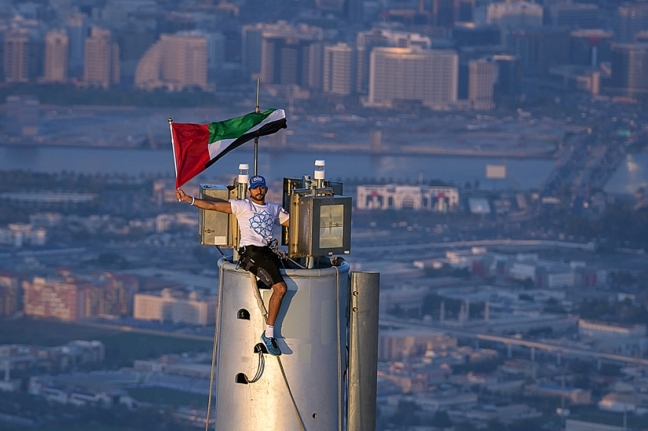
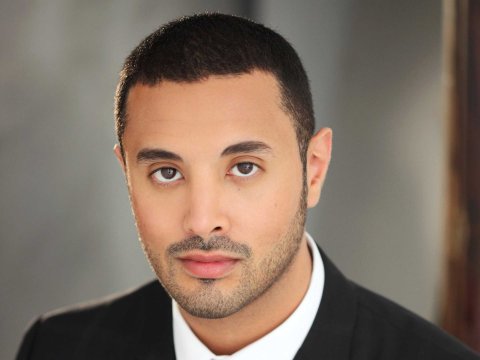
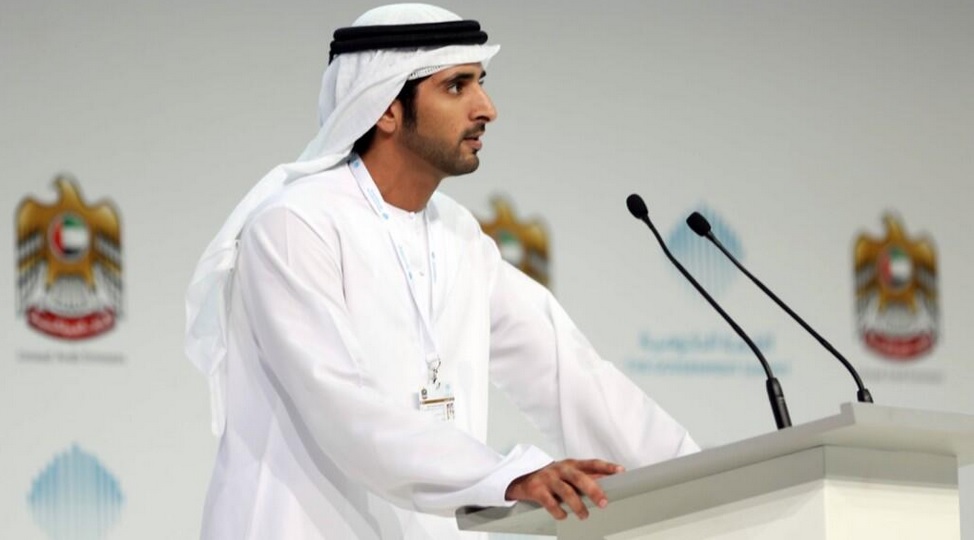
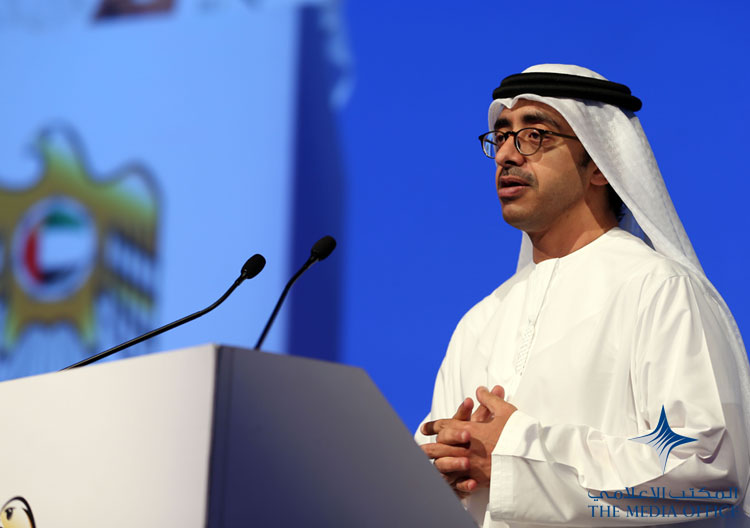
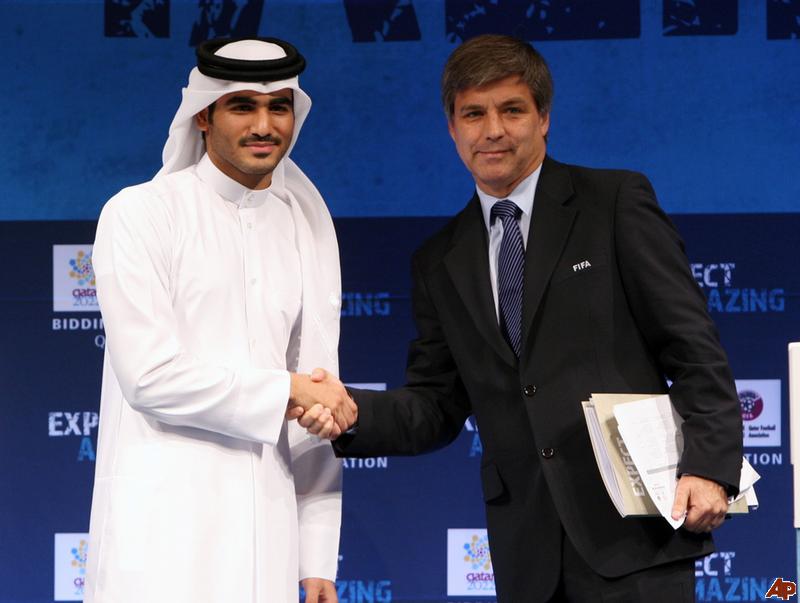
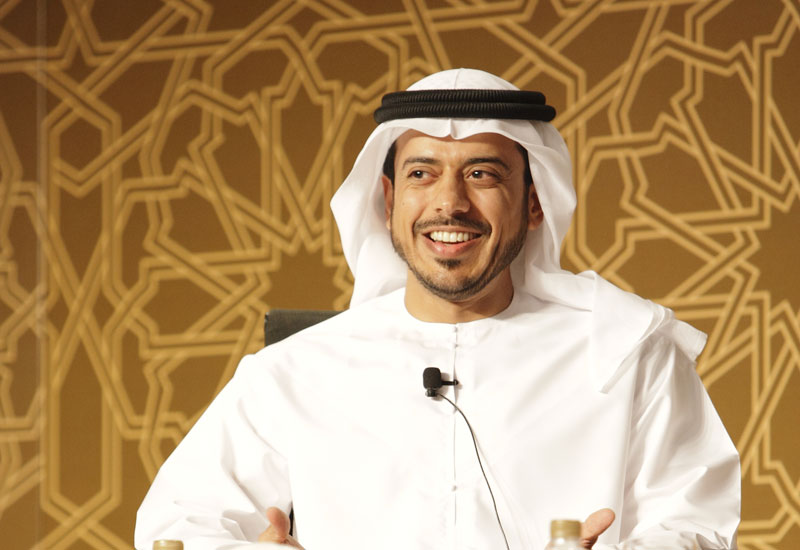


















WOOOW!!! They are cute and smart 🙂
This is great, we really need to hear more about the development happening within the region and beyond. Very cool.
It’s all window dressing that takes our attention away from some very serious domestic and social problems that Arabs are themselves responsible for. The way the Arabs treat their migrant labour force is worse than 15th Century slavery. 400 Nepalese workers have been killed with 4000 more potential deaths as a result of the construction of FIFA 2022 stadium and other FIFA-related infrastructure. These are just Nepalese workers. We don’t know how many workers from other (mostly South Asian) nationalities have been killed and are constantly being treated like animals. Why these oil-rich countries are so mean and so stingy about workplace safety is beyond me. Shame on them!
I fail to see how the Arab world has actually changed for the better since the royals mentioned have been doing their “inspirational” work. The fact is that the countries mentioned have regressed somewhat politically and socially despite these young royals’ efforts, save the UAE which does seem to be progressing somewhat on the ground. In reality, sectarian divides are far more evident. Actual civil liberties have been curtailed, if they even existed in the first place. Social awareness is at a standstill or declining.
Despite my opinions, I do have faith in the younger royals of the region. This article might be well-meaning in its positive PR, but an article about the Arab royals – perhaps of the older generation – who are deliberately holding back progress in the region for their own selfish reasons would have been far more productive and enlightening.
This article proposes that these royals are “changing” their countries, but only sites the individuals’ education and accolades – accolades given to these individuals by foreign countries mostly, not by the citizens of their respective countries. Nowhere in the body of this article do I see any mention or evidence towards it’s proposed premise and title. Show me how these countries have actually changed for the better because of these individuals and I might reconsider my opinion.
Well, as the author mentioned, these royals are “working hard to change the region in unique ways and consequently, change the way people around the globe view the Arab world.”
Personally, I think they are. Like Fahad with social media and Facebook Arabic, as you know social media has been a huge help for the region. Or even the young Qatari prince got FIFA to his country when he was only 22.
Maybe the author should say “slowly changing,” but I think royals like Sheikh Nahyan are putting Abu Dhabi in the spotlight through art and Sheikh Abdullah through foreign policy. They may not be changing their entire countries and every regressive policy within them, but they are doing what they can in the roles they have.
Bas many of them are still young. Inshallah we will see more good things from them.
[…] Ramel and the rest of the internet world love to portray the Middle East monarchies as oil-rich and ridiculous. Mostly because their selfies or their stories lead us to believe that they are oil-rich and ridiculous. Ramel also knows that you love lists. And princes. There are several inspiring royals that are working on going beyond their duties as royals, i.e. doing nothing, to promote some significant change in the region. These royals are making things happen in entrepreneurship, technology, social media, foreign policy, culture and other areas. Here are some pretty awesome princes making headway in the Arab world. If you want more details on these guys then visit Elan the Mag. […]
It’s hard to find your posts in google. I found it on 15
spot, you should build quality backlinks , it will help you to rank to google top 10.
I know how to help you, just type in google – k2 seo tricks
I read a lot of interesting posts here. Probably you spend a lot of time
writing, i know how to save you a lot of work, there is an online tool that creates unique, SEO friendly posts in minutes, just search in google – laranitas free content
source
I’m torn between Prince Fahad and Sheikh Hamdan…So very handsome. Don’t know what I’d do if they were in front of me…yum!
[…] Middle East Royals: 5 Modern-Day Princes Changing the Arab World in Unique ways. February 11th, 2014. […]